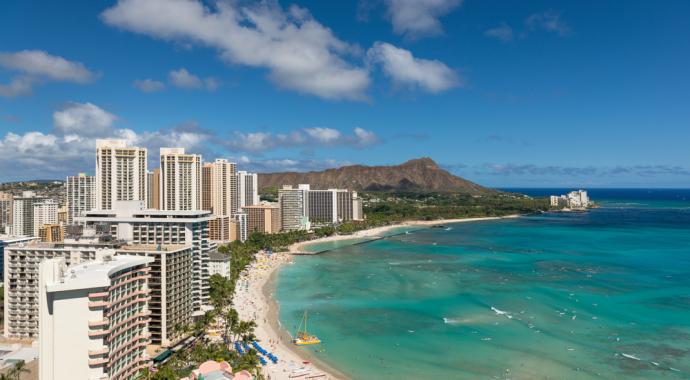
Everybody wants to travel.
There are so many choices and combinations that it takes a bit of practice putting together a travel plan, especially when you can’t choose between several great ideas. Trips can be:
- easy because they are local, for a few days.
- moderate because it is an all-inclusive trip to Disneyland with flights, hotels, theme park tickets all included. All that has to be done is not get lost going to the airport, buy a couple of souvenirs and find some nice restaurants.
- complex because it is a trip for two travelling through France. Booking flights and hotels through agents but finding museums, galleries, palaces, churches and restaurants and small quaint towns is done personally.
- difficult because you're singlehandedly planning a longer trip involving many countries and cultures.
Planning for any trip
You should start with an itinerary and add estimated costs and timeframes. The plan should be pretty simple to start with but it should be expandable if the size and complexity grow. Your base considerations should be:
- Start with figuring out an amount that might be available or can be saved for.
- Is the vacation for a single person, a couple or a whole family?
- How much time is available? A couple of days, a week, a month, longer?
The Obvious Costs:
- Transportation: Figure out what mode of transportation is needed then figure out a cost: estimate if not too difficult or check the internet to get a value. Will the trip require on mode of transportation or two or will it take several legs (planes-one way or two ways-one or more than one destination)? If a vehicle is used, how much will fuel cost?
- Accommodations: how many nights will be needed? What are the costs?
- Local transportation: will cabs be needed (to/from airport? Around the city?) will public transit be used? What are the costs?
- Food: where will meals come from? Staying and eating at someone’s place or eating out. Eating at someone's is obviously inexpensive. Eating out will be much more expensive. Breakfast and lunch will be about the same and dinner will likely be twice as much. Don’t forget snacks – they happen and they cost money. What are the costs?
Costs that sneak up on you:
- Health Issues: Are they important? Are shots needed? Is health insurance needed? What are the costs?
- Documents: is a passport needed? Is a visa needed? What are the costs?
- Airports: is a vehicle going to have to be left at the airport? What is the cost?
- Insurance: Is travel insurance needed? Is auto insurance needed? Is an international driver’s license needed?
- Tourism & Sightseeing: Events, tourist sites, activities may have costs (eg: museum tickets or diving equipment)
- Shopping: if shopping is planned then see if costs are available ahead of time otherwise just make estimates based on experience
- Miscellaneous: there is always something that is missed including emergencies or change of plans. Put a few dollars aside every day for such possibilities.
Keep in mind:
The amount of cash and credit cards that you should take on your trip is dependent on where you go. In some European countries, credit cards still aren't accepted widely. It is advisable to research the situation in your destination country and get information on possible partner banks that have a special arrangement with your home bank. These arrangements can make it much cheaper to get cash on your trip.
For third world countries, it may be wise to take several types of emergency cash as some cards may not work in those places.
+++link to our Travel Planner 'Tips' page+++ ready in excel file but not put in website yet - how to address this situation simply???
+++link to our Travel Planner 'Needs' page+++ ready in excel file but not put in website yet - how to address this situation simply???
+++link to our Travel Planner 'Itinerary' page+++ ready in excel file but not put in website yet - can't be simply addressed - too complex still
